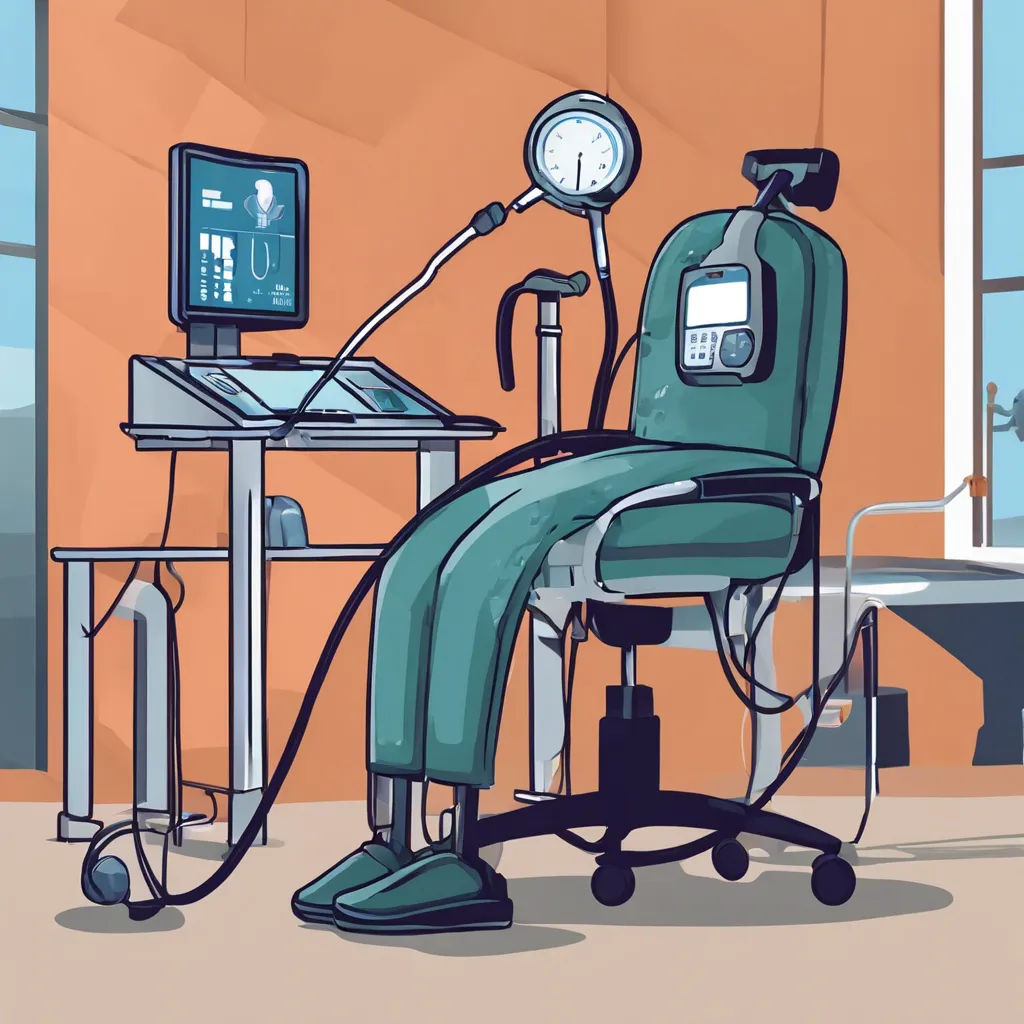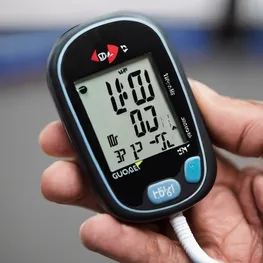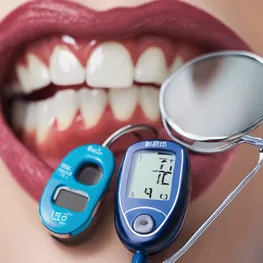Table of contents
- The Crucial Role of Health Checkups for Diabetic Individuals
- Discover the key screenings and tests that are part of health checkups
- Exploring Treatment Options and Lifestyle Modifications
Regular health checkups are essential for diabetics in order to manage their condition effectively. With diabetes becoming increasingly prevalent, it is crucial to monitor blood sugar levels, evaluate complications, and make necessary adjustments to treatment plans. This article delves into the importance of regular health checkups for diabetics, highlighting the potential benefits and emphasizing the role they play in overall well-being.
The Crucial Role of Health Checkups for Diabetic Individuals
Regular checkups are crucial for diabetic individuals as they help monitor blood sugar levels and detect any potential complications early. These checkups enable healthcare providers to assess the effectiveness of the diabetes treatment plan and make necessary adjustments. By closely monitoring blood sugar levels, healthcare professionals can identify any fluctuations or patterns that may indicate the need for medication or lifestyle modifications. Additionally, regular checkups allow for the early detection of potential complications such as cardiovascular disease, kidney problems, and neuropathy. Early intervention can significantly reduce the severity of these complications and improve overall health outcomes for diabetic individuals.
Discover the key screenings and tests that are part of health checkups
One of the key screenings and tests that are part of health checkups is the blood glucose test. This test measures the average blood sugar levels over a period of time, providing valuable insights into a person's overall health and potential risk factors for conditions like diabetes.
-
Fasting Blood Glucose Test
This test requires the individual to fast for at least eight hours before the blood sample is taken. It provides information about how the body manages glucose when it is not receiving any external sources of fuel.
-
Random Blood Glucose Test
As the name suggests, this test can be performed at any time without fasting. It gives a snapshot of the blood sugar levels at the moment the test is taken and helps identify immediate problems.
-
Glycated Hemoglobin (HbA1c) Test
This test measures the average blood sugar levels over the past two to three months. It indicates how well a person's blood sugar has been controlled over time, providing a more comprehensive picture of their overall diabetes management.
-
Oral Glucose Tolerance Test (OGTT)
In this test, the person consumes a sugary liquid, and blood samples are taken at specific intervals to measure the body's response to the glucose load. It helps in diagnosing gestational diabetes and detecting insulin resistance.
Exploring Treatment Options and Lifestyle Modifications
Health checkups play a crucial role in exploring treatment options and lifestyle modifications. During these checkups, healthcare providers have the opportunity to discuss medication adjustments or introduce new treatment options to address the patient's specific needs. These discussions enable patients to actively participate in their healthcare decision-making process and make informed choices about their treatment plan. Moreover, health checkups also allow healthcare providers to assess the effectiveness of current treatments and make necessary adjustments to enhance the patient's overall well-being. Through regular checkups, patients can receive personalized care and optimize their treatment outcomes.
In conclusion, regular health checkups are crucial for diabetics as they allow for early detection and management of potential complications. These checkups provide an opportunity for healthcare professionals to assess blood sugar levels, monitor organ function, and identify any underlying health issues that may exacerbate diabetes. By actively participating in routine screenings, diabetics can better control their condition and make necessary lifestyle adjustments. Overall, the importance of these checkups cannot be overstated in helping diabetics maintain their overall health and prevent future complications.
Frequently asked questions related to regular health checkups for diabetics
Why are regular health checkups important for diabetics?
Regular health checkups are important for diabetics because they help monitor blood sugar levels, detect complications early, and make necessary adjustments to the treatment plan.
What tests are included in a diabetic health checkup?
A diabetic health checkup may include tests such as blood sugar level measurement, HbA1c test, lipid profile, kidney function test, eye examination, and foot examination.
How often should diabetics have health checkups?
The frequency of health checkups for diabetics may vary depending on individual circumstances, but it is generally recommended to have at least two checkups per year.
How can regular health checkups help with the adjustment of the treatment plan?
Regular health checkups provide valuable information about blood sugar control, medication effectiveness, and any necessary adjustments to the diet and lifestyle. This helps healthcare providers make informed decisions and tailor the treatment plan to achieve better diabetes management.
Are regular health checkups expensive?
The cost of regular health checkups for diabetics can vary depending on factors such as location, type of tests performed, and insurance coverage. However, investing in regular health checkups is crucial for maintaining optimal health and preventing complications in the long run.
What are the benefits of early detection of complications through health checkups?
Early detection of complications through health checkups allows for prompt treatment and management, which can prevent or delay further progression of the complications and improve overall health outcomes.







